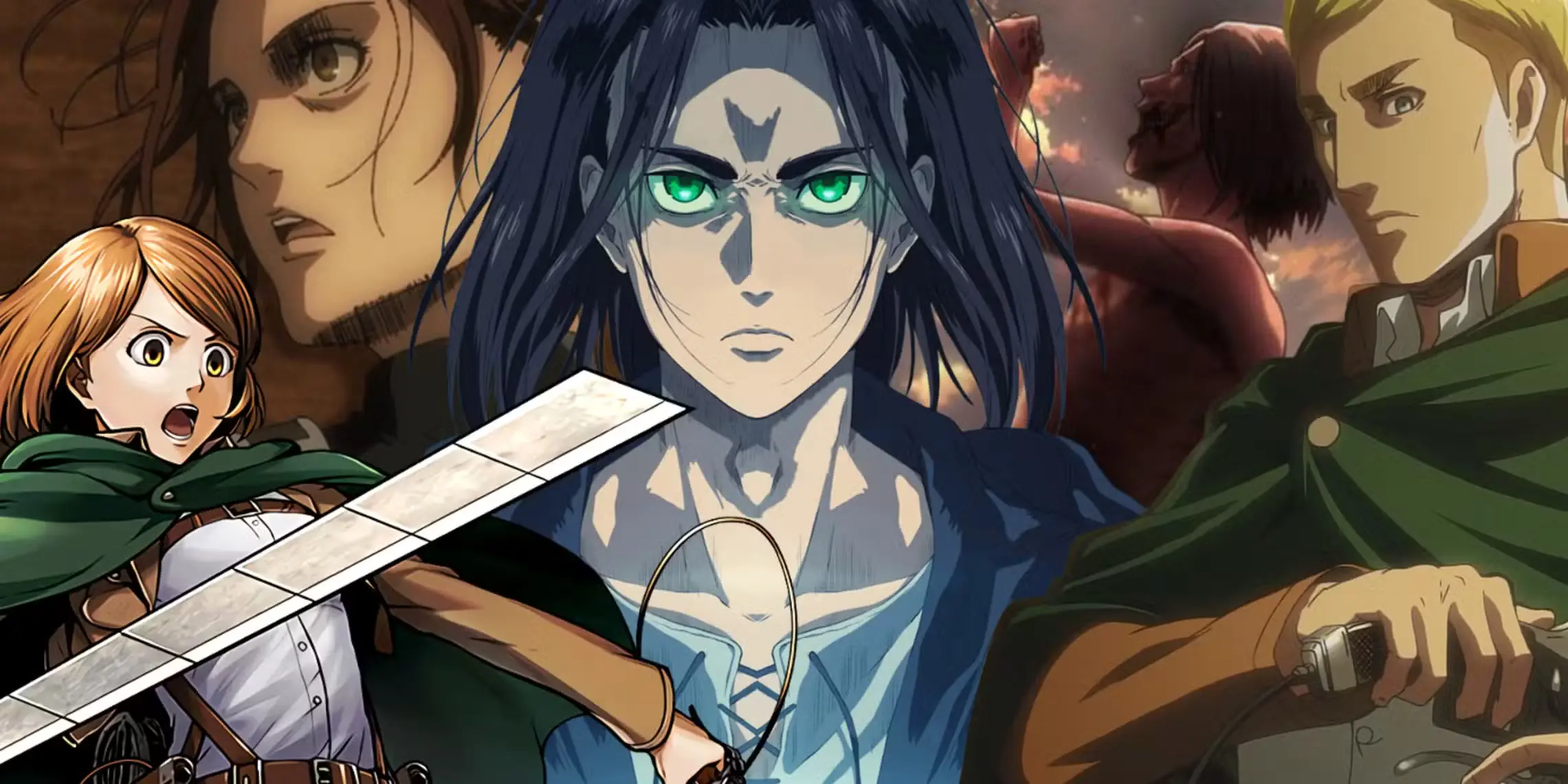With the conclusion of Attack on Titan, many fans are feeling a mix of amazement and confusion. It’s clear that a lot of viewers found themselves re-watching the series to fully grasp the intricate plot and the extensive foreshadowing laid out by Isayama. The finale was nothing short of a masterpiece, solidifying Hajime Isayama’s work as one of the greatest anime of all time.
As we wipe away our tears and process this intricate conclusion, it’s hard not to see Attack on Titan as a pivotal moment in the anime world. It reshapes our understanding of heroes and villains, presenting them in a whole new light. Eren Yeager stands out as one of the most multifaceted characters ever, evolving from a hero to an anti-hero and ultimately a villain. Through Eren’s transformation, Attack on Titan challenges us to rethink what truly defines a hero or a villain.
How Attack On Titan Redefined Heroes And Villains In Anime
We Totally Didn’t See That One Coming
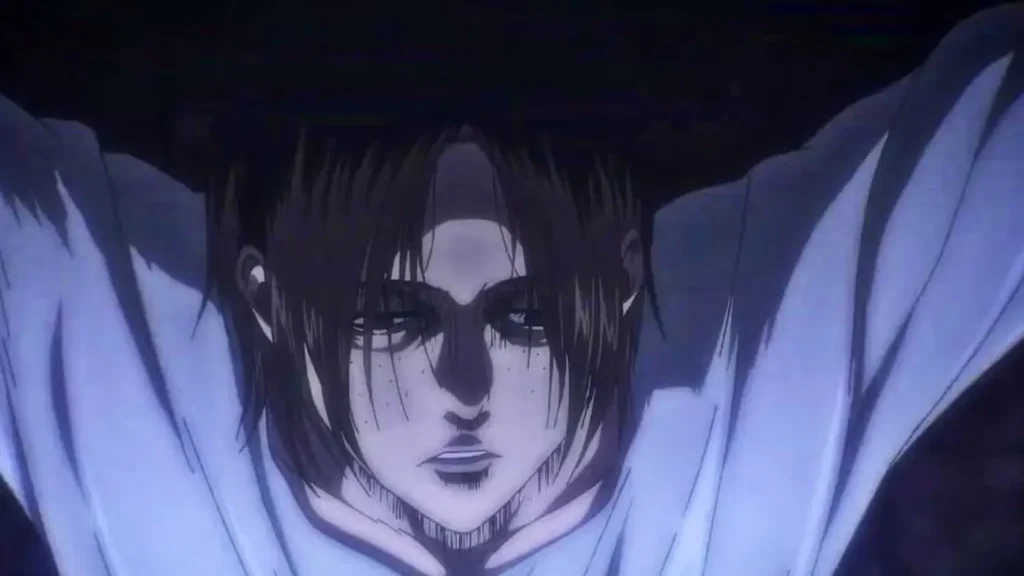
In the anime series, the main character yearns for liberation and a way to put an end to the fear caused by the Titans. To safeguard themselves from these terrifying creatures, humanity has confined itself within three massive walls. Unfortunately, one fateful day, one of these walls is broken, leading to the tragic loss of many lives on Paradis Island, including that of Eren’s mother.
Every time I close my eyes, I see the faces of people I couldn’t save. Every time I open them, I see this world full of despair – Eren Yeager
The last survivors from Shiganshina head towards Wall Maria. After seeing his mother die, Eren makes a promise to eliminate all Titans from the world.
Eren Loses Humanity
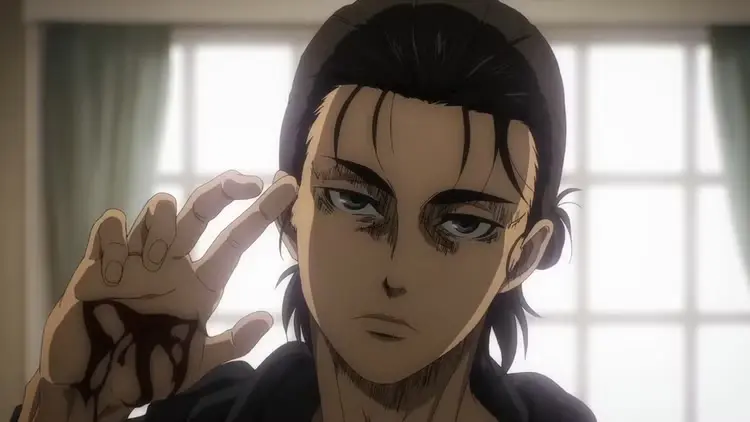
Once Eren becomes a member of the Survey Corps and joins the 104 Training Cadets, he faces a terrifying fate when a Titan devours him during the wall breach. Miraculously, while inside the Titan’s belly, Eren’s Attack Titan abilities emerge, transforming him into a Titan shifter. Although he is initially sentenced to death, the military quickly realizes they can harness the power of the Attack Titan for their own purposes.
Eren finds himself reduced to nothing more than a tool for the military, leading him to a profound crisis as he transforms into the very entity he despises. When Historia ascends to the throne and Eren kisses her hand, the vision of the future he glimpsed deeply unsettles him, triggering a significant shift in his character.
Additionally, he uncovers the reality of his world and the mysteries concealed in his home’s basement. Throughout the Marley arc, he comes to the conclusion that the only way to rescue the Eldians from their harsh existence is through the rumbling, a devastating act that involves unleashing all the Colossal Titans across the globe.
“I hate this world. I hate the people in it. But… I’ll never stop fighting. I’ll never stop until I destroy this world that took everything from me – Eren Yeager”
From the very beginning, Attack on Titan made it clear that Eren was incredibly protective of his loved ones. He would go to any lengths to ensure the safety of his friends.
This is why, when Marley and the entire world turned against the Eldians, Eren believed that the only way to resolve the issue was to eliminate everyone beyond Paradis Island. This moment really made viewers ponder whether Eren was a hero fighting for his homeland or a villain who crossed the line into committing genocide.
Marley’s Perspective
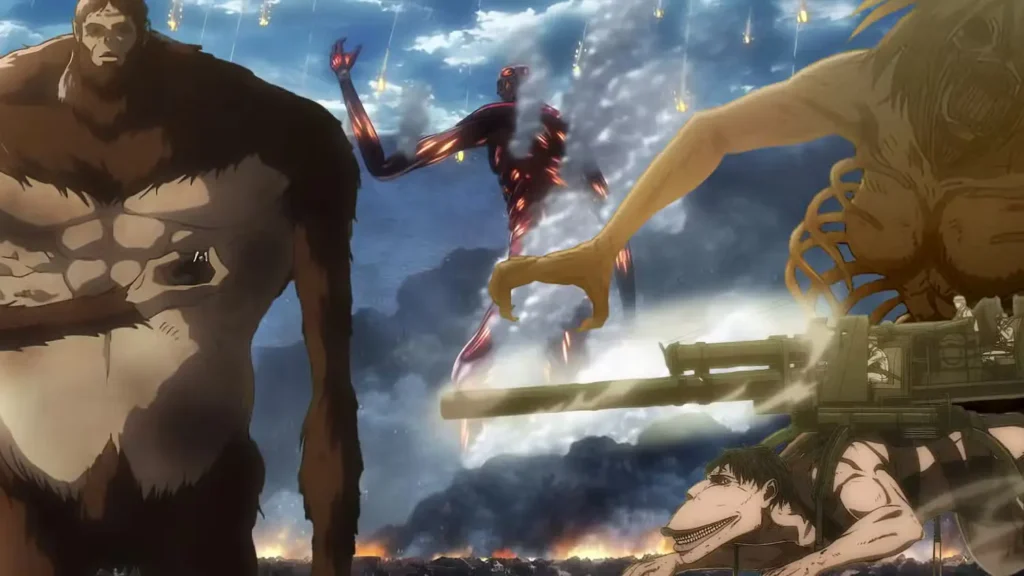
On the other side of the globe lies Marley. When we first meet the characters from Marley, such as Falco and Gabi, they seem to play the role of the story’s antagonists. However, as the narrative unfolds, we discover that the intense animosity Marleyans hold towards Eldians stems from the tragic losses they’ve experienced due to Eldian actions. In a sense, Gabi serves as a reflection of Eren.
I don’t care about the people of Paradis! I just want to protect Marley and everyone I love! – Gabi Braun
As we uncovered more truths, it became increasingly difficult to take sides in the Eldian-Marleyan conflict. While the animosity directed at Eldians and the world at large felt excessive, one must also reflect on the Eldians’ history and their use of Titan powers to wreak havoc globally. This context makes the Marleyans’ resentment appear somewhat understandable.
Not Your Typical Heroes
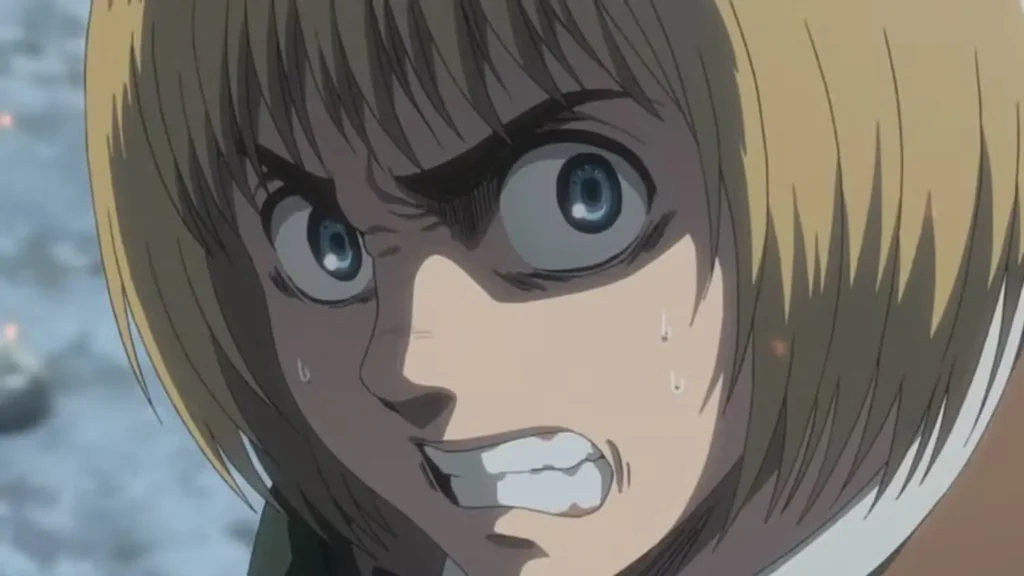
As the series unfolds, the distinction between good and evil becomes increasingly unclear. This is a testament to Hajima Isayama’s skill as a storyteller, as he offers viewers a fresh viewpoint through the actions of his imperfect yet relatable characters.
When we first meet characters like Reiner, Annie, and Bertholdt, they seem like reliable allies for Eren. However, as the story unfolds, this trio betrays Paradis Island and reveals themselves as titan shifters, highlighting the theme that trust can be deceptive. Meanwhile, Mikasa and Armin, Eren’s devoted friends, can only stand by and watch as he becomes increasingly weighed down by the trauma of their uncertain future.
The truth is that the world is an endless cycle of pain and suffering, and we all have our roles to play in it – Reiner Braun
Armin, initially seen as the weak link in the trio and labeled the nerd, faced tough choices after becoming the Colossal Titan, including making sacrifices for the greater good. Meanwhile, Mikasa had to let go of her most cherished person, Eren, to protect humanity.
Hajime Isayama’s portrayal of character development really convinced us that these characters were far from the usual heroes found in typical Shonen stories. With the conclusion of Attack on Titan, it’s clear that the series has significantly influenced the anime industry by reshaping our perceptions of heroes and villains.
Hajime Isayama’s approach to character development truly showed us that these individuals are not your typical heroes seen in standard Shonen narratives. As Attack on Titan wraps up, it’s evident that the series has made a lasting impact on the anime world by changing how we view heroes and villains.

